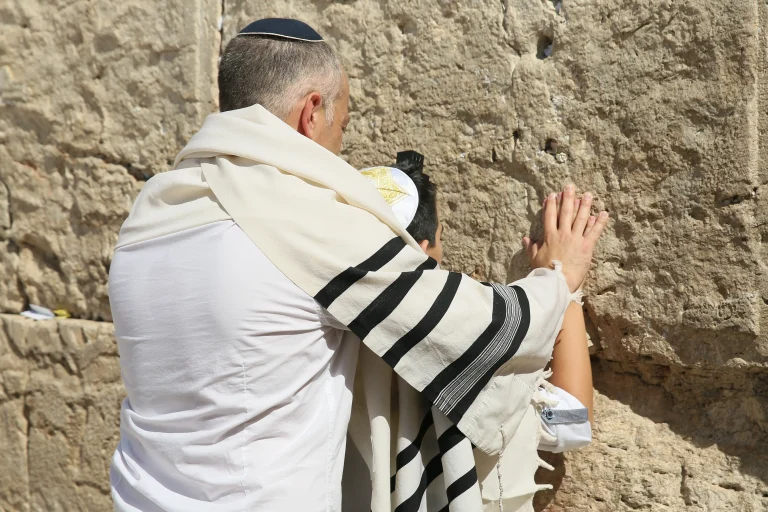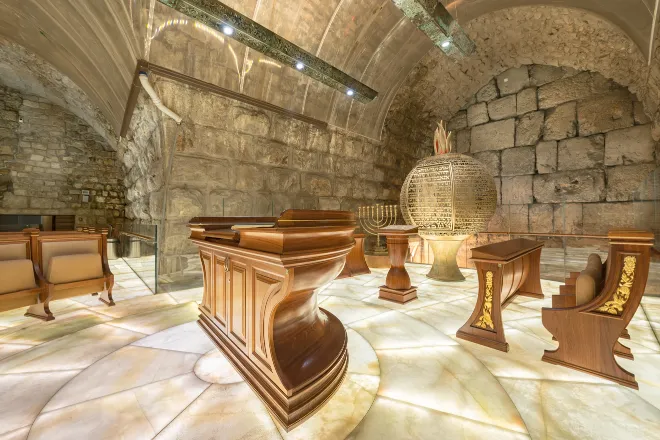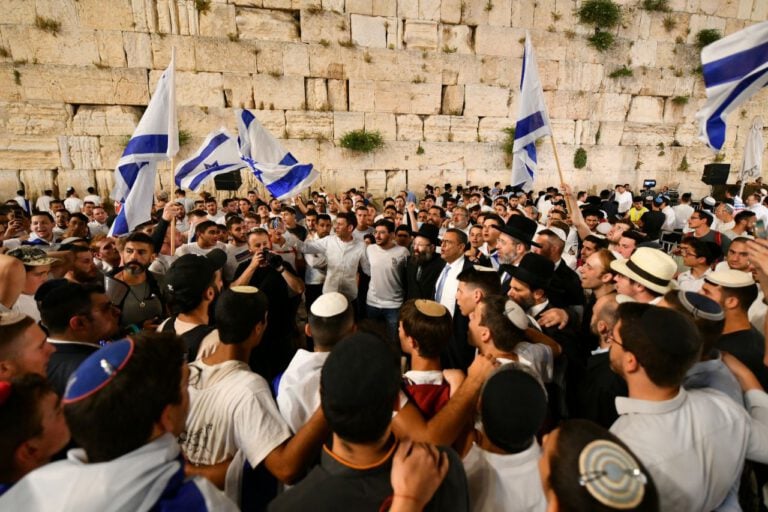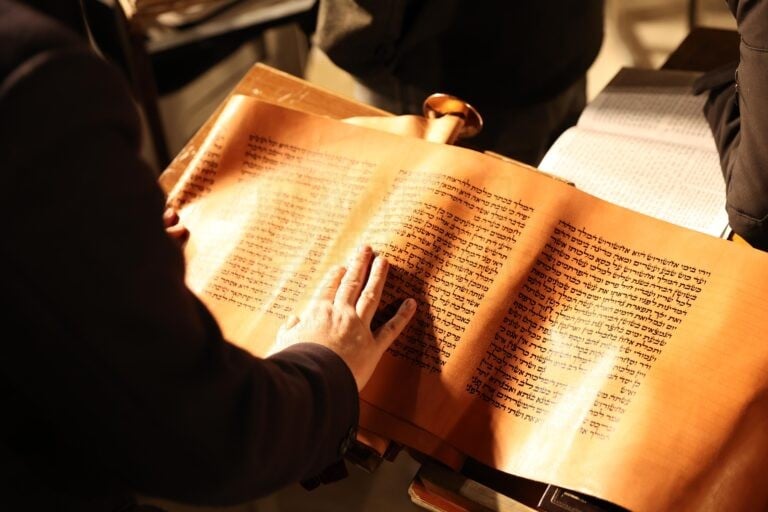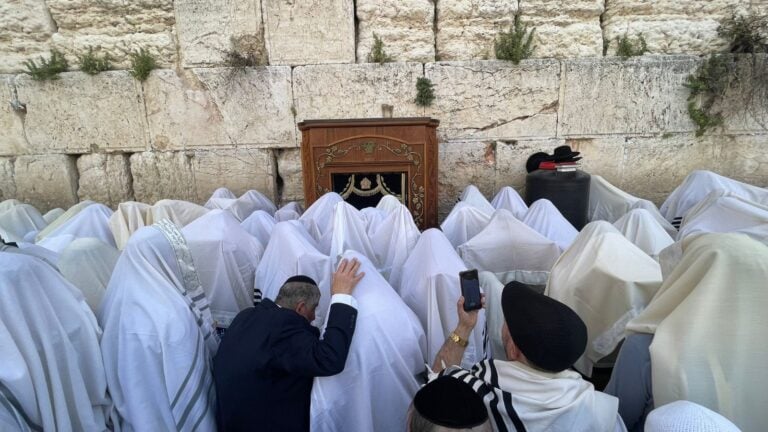Parashat Chukat 5784
Rabbi Shmuel Rabinowitz, Rabbi of the Western Wall and Holy Sites
The first part of Parashat ‘Chukat’ deals with a unique ritual for purification from the impurity of death. A person who has touched a dead body, or even just been under the same roof as a dead person, is strictly forbidden from entering the Temple or touching the sacrifices. To enter the sacred area, one must undergo the ritual of sprinkling ‘mei chatat’ – water that purifies from the impurity of death.
Like all commandments and rituals in the realm of worship, this ritual may seem foreign to someone from a Western culture. However, like all these commandments and rituals, this one also has deep symbolic foundations that express ideas, worldviews, and values. For us, as long as we do not have a red heifer, these laws cannot be implemented; but the values and principles within them still speak to us.
So, what is it about the ‘mei chatat’ and how do they relate to death? It begins with taking a red heifer that has two interesting attributes: it is perfect, without any blemish; and it has never been used for work nor has anything been placed upon it. The heifer is slaughtered and burned outside of Jerusalem, and the remaining ashes are mixed with ‘living water’. These waters are ‘mei chatat’ from which one sprinkles on those who have become impure through contact with the dead, thereby purifying them and allowing them to approach the Temple or the sacrifices.
Clearly, this is a complex system of symbols. But to grasp it, even with a brief glance, one must ask what Judaism’s stance on death is. After all, that is the subject at hand – the impurity of death and the purification from it.
Judaism has a surprising perspective on death. The Book of Genesis tells that man was not supposed to encounter death, and only as a result of the first man’s sin was he sentenced to end his life. Essentially, man is inherently immortal. Death is a malfunction. A malfunction that cannot be escaped, but also should not be accepted.
The prophet Isaiah clearly expresses this stance when he prophesizes and describes a utopian future: “He will swallow up death forever; and the Lord God will wipe away tears from all faces, and the reproach of His people He will take away from all the earth” (Isaiah 25:8). Death is not legitimate, and even though we have no choice but to submit to it, for these are the laws of nature, this does not mean we are supposed to accept it.
Where is this attitude toward death manifested? Precisely in the realms of holiness – the Temple and the sacrifices. A person who has come close to death and touched it must keep their distance from the realms of holiness. The human tendency to idealize death compels Judaism to set a clear and sharp boundary: death never approaches the sacred!
How then can a person approach holiness after coming close to death? The person must undergo a process in which they “subdue” death symbolically. For this purpose, a red heifer is taken – the color red is not chosen by chance. It symbolizes the vitality of life. This heifer is a symbol of life and freedom, also because it is perfect and has no blemish, and also because it has never been used for work. After it is slaughtered and burned, the powerful symbol of life becomes a symbol of death – the more intense the life, the more apparent the death when it is cut short.
And this ash is mixed with “living water” – water drawn from a spring, fresh and clean. These waters mixed with the ash symbolize a symbolic victory of life over death. After confronting death, we revive it and create a sort of “resurrection,” thus expressing our attitude toward death – an attitude of protest.
Only from a worldview of faith in life and protest against death can a person approach holiness.
